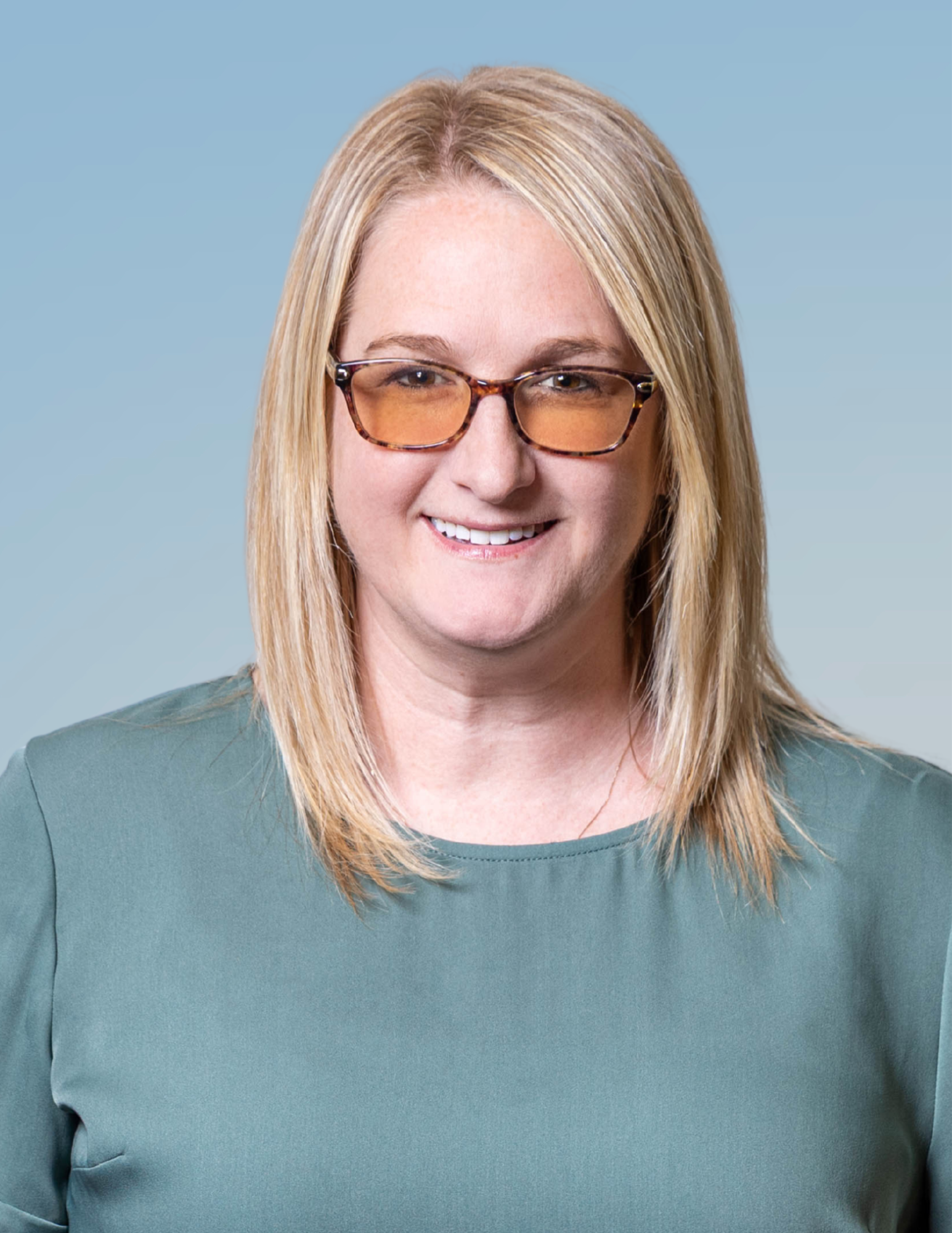Treatment and Support Services provides comprehensive, community-based clinical and support services to agency-involved youth across South Carolina. This branch plays a vital role in advancing the agency’s rehabilitative mission through a continuum of behavioral health, case management, and placement services. The branch conducts psychological evaluations for predispositional and general sessions waiver cases and provides clinical consultations to support informed decision-making across the agency. The branch oversees a team of licensed clinical social workers who are able to deliver specialized services tailored to the individual needs of youth and families along with managing a statewide program that provides intensive, evidence-based interventions designed to prevent out-of-home placement and reduce secure confinement. Community Treatment Services coordinates the assessment, placement, and oversight of youth in SCDJJ’s 10 residential wilderness camps and contracted private group homes. These placements offer structured, rehabilitative care in less restrictive settings, matched to each youth’s level of need. The branch leads the agency’s efforts to coordinate services for youth involved with multiple state systems, helping to align care plans and improve outcomes through collaborative case management. Staff in this branch serve as the agency’s representatives for the Interstate Compact for Juveniles, facilitating cooperation and compliance with other states on matters involving youth movement across jurisdictions. All clinical services within this branch are grounded in the professional disciplines of counseling, psychology, and social work, and are delivered in accordance with national best practices and ethical guidelines established by each field’s governing organizations.


